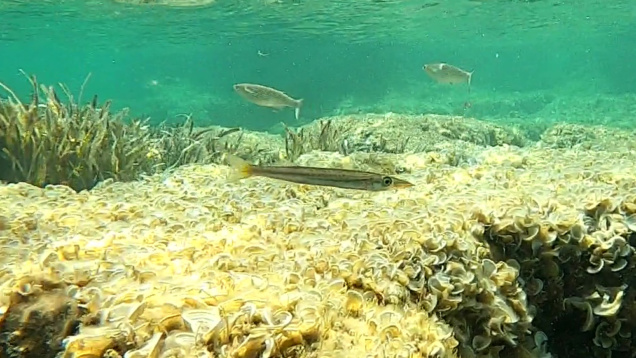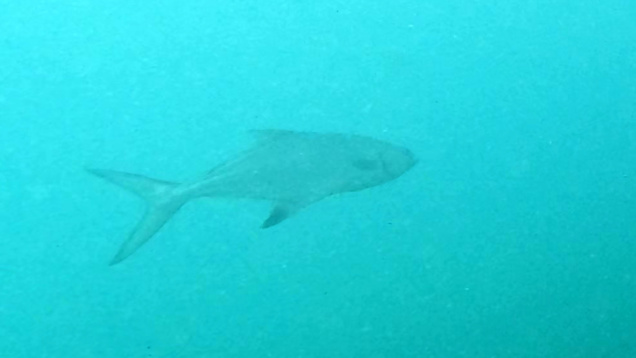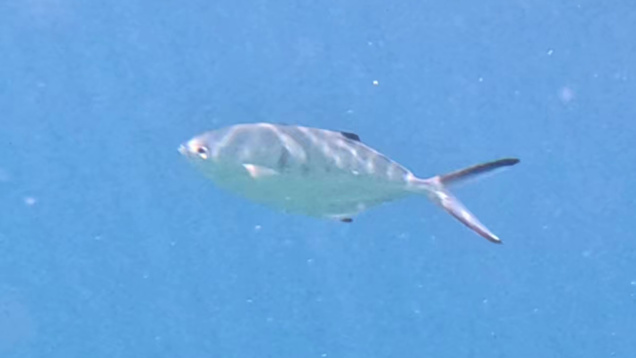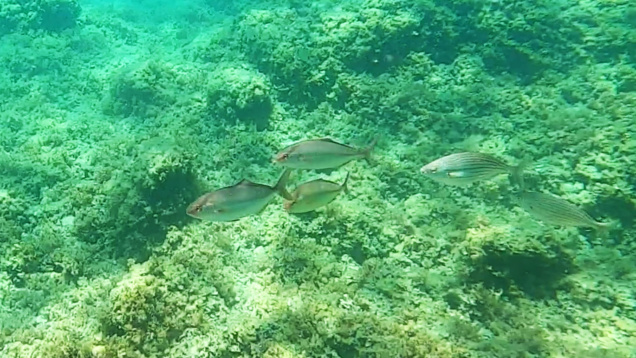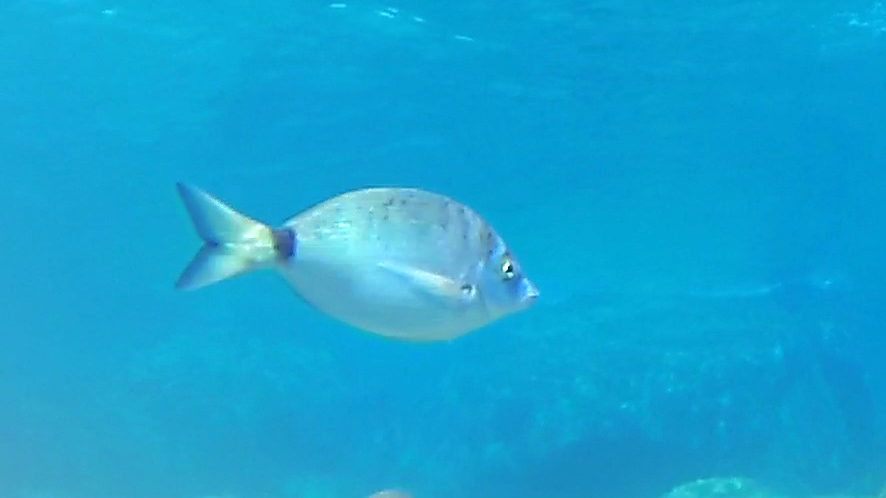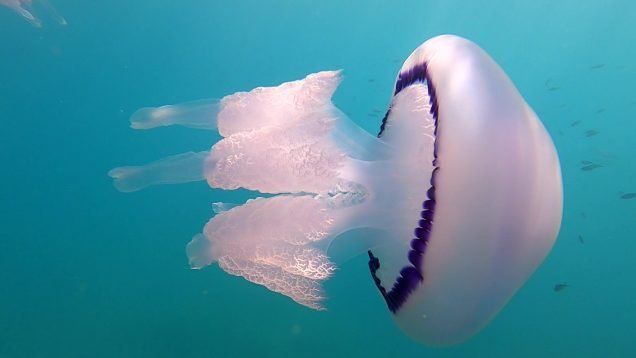Mediterranean barracuda and European barracuda
European barracuda, Sphyraena sphyraena (Linnaeus, 1758), also known as the European barracuda, is the endemic species of the Mediterranean Sea. Mediterranean barracuda, Sphyraena viridensis, commonly known as yellow-mouthed barracuda, is instead the alien species, that is, the one that was limited to a restricted basin of the eastern Atlantic (Cape Verde, the Canary Islands and the Azores) ...




